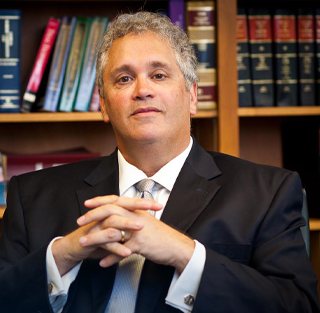A Definition of Discovery in Civil Litigation Cases
After a lawsuit is filed and the defendant(s) file an answer, the parties engage in discovery. The legal discovery process helps parties gather information that may lead to the discovery of admissible evidence. The point of discovery is literally to discover things about the case. Discovery can either be written or oral and it is something that both the plaintiff and the defendant do.
Types of Legal Discovery
Written Discovery
There are three main types of documents that can be included in written discovery:
Interrogatories
Interrogatories are written questions for involved parties that must be answered under oath.
Requests to Produce Documents
Requests to produce documents ask a party for relevant documents to the case such as emails, medical records, or paycheck stubs.
Requests for Admissions
Requests for admissions are written requests for a party to admit or deny specified facts about the case. If the person answers falsely, ignores the request, or is late to respond, there are penalties.
Oral Discovery
Oral discovery occurs in the form of depositions.
Depositions
Depositions are essentially interviews by attorneys of parties who may have knowledge of relevant facts. A deposition is taken before a court reporter so there is a record of everything and the person being deposed must give sworn testimony meaning they are under oath like in court. Anything said in a deposition must be the truth.
Disputes During Legal Discovery
Often, there will be a dispute between the parties over some part of discovery. A party could argue that a question is irrelevant, or overboard, or invasive of one’s privacy or privileged relationship (like attorney-client privilege).
If the parties cannot resolve the dispute by themselves, the court may become involved by issuing a motion to compel discovery, which could force the other side to cooperate with the request for discovery.
Things to keep in mind during Discovery
You will most likely have to answer a lot of questions during discovery both written, through interrogatories, and spoken, through depositions. It is a long process because the attorneys need to find out everything they can and talk to everyone relevant to the case, which is a lot of information to gather.
The point of legal discovery is to find out everything related to the case. Your attorney will always be there to explain what is going on so even though the process of discovery can seem confusing, you will never be alone and should always feel free to ask questions so that you understand everything that is happening.
For more information or further questions, please contact our firm.



